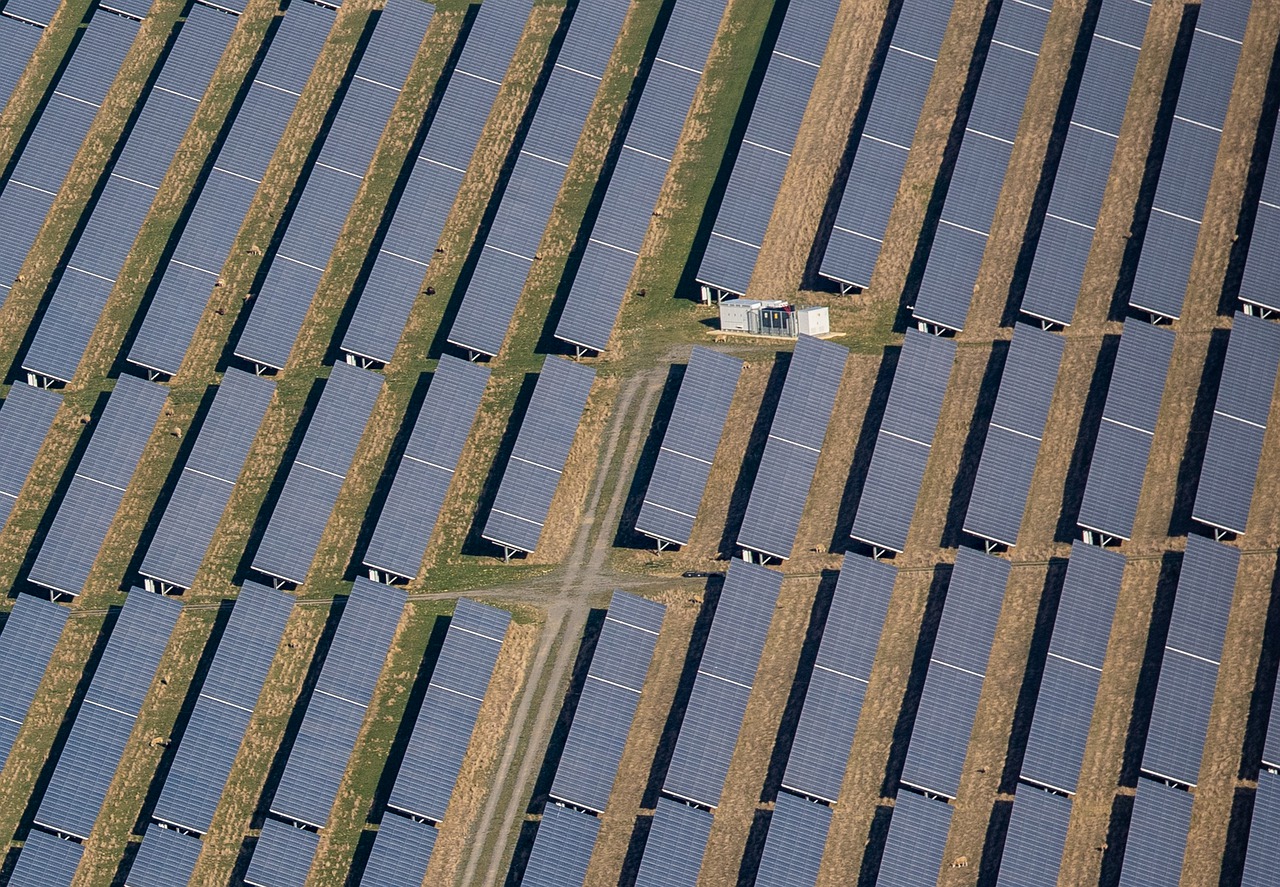In a recent book by well known British Indian science journalist Angela Saini, “Geek Nation: How Indian Science is Taking Over the World” the author notes that traditional technology innovators Germany, the United States, the United Kingdom, France and Japan will soon begin to see the emergence of India as a rival or perhaps even the front runner in the technology race.
It is clear that science and technology have been instrumental in transforming nations all across the globe and if India follows through with its plans the world is likely to greatly benefit from its efforts.
The world saw the transformation of Japan during the past half century; it all started when Japanese engineers examined Allied planes shot down during World War II finding that other countries simply possessed more advanced technology; this gave them the understanding they needed to transform Japan in a few short decades into a leading technological and economic powerhouse. By simply applying their native talents to high technology, the Japanese achieved an “economic miracle.” Should India do the same the repercussions will be huge as India has 1.14 billion more people than Japan.
As an aside, it could be argued that India has already provided the greatest technology the world has ever seen in the form of Buddhist meditation but that is a topic for another time and place.
Indian Science & Technology Renaissance
One factor that has kept India and other developing countries behind is its historically low budget for research and development but according to Saini this has recently changed. India has expressed its intent to increase its research and development budget to at least 2% of GDP putting it in a league with other advanced economies of the world.
Indians are now involved in advances in all major sciences from medicine to nuclear science to software information technology, life sciences, you name it. The number of millionaires and billionaires in India is rising every day but India remains a country of stark contrasts especially with respect to its socioeconomic structure.
According to Saini, Jawaharlal Nehru, Prime Minister of India for much of the 20th century, was the first Indian to fully embrace the idea that India could build a modern nation state on the foundation of science and technology. This was the solution he saw for helping India’s poor and Saini believes that although this process is ongoing India’s socioeconomic disparities are being improved and lessened.
Global Competition Fierce
In a recent ranking of engineering and technology universities worldwide by Time Higher Education the United States and Western countries still dominate the top 50. However, as spending in India, China and other countries increases it is expected these numbers will even out.
GEEK Nation Going Forward
GEEK Nation is a great read! Suffice to say that Saini does an excellent job of showing where India has been, tying it to its historical roots as a civilization of intellectual and technological innovation. This “archaeology” of the Indian past helps us understand why India is so strong in the science, math and engineering; Indians will participate in the highly competitive global game of science and technology and will play to win.
Demanding School Systems Leveling the Playing Field Worldwide
Observers of the Indian, (Japanese, Chinese and Korean) school systems note they are far more demanding and require students to have more knowledge of core subjects, emphasizing math and science, than in the United States and other countries. Additionally Indian parents are known for pressuring and motivating students to do well in a way similar to Chinese, Japanese and Korean parents.
Where Does This Leave the United States and the West?
In the United States, where the individual is king, politicians and industry leaders are beginning to realize the need for leveling the educational playing field with the rest of the world, especially India, China, and Japan. From a historical perspective this US emphasis on individuality has led to technological innovation from innovators from all walks of life.
A new international system of “meritocracy” is emerging where the best and the brightest from whatever country will be the first to divide up the spoils, so it’s anyone’s game.
Related IndustryTap articles:
- Global Construction Expected to Increase by $4.8 Trillion by 2020
- High Tech Olympics in Outer Space: Does the Biggest Budget Win?
- Reviving the Silk Road: Connecting China’s High Speed Rail to Europe






